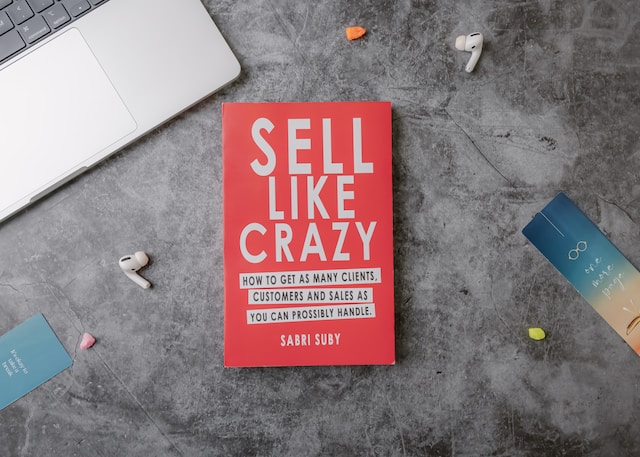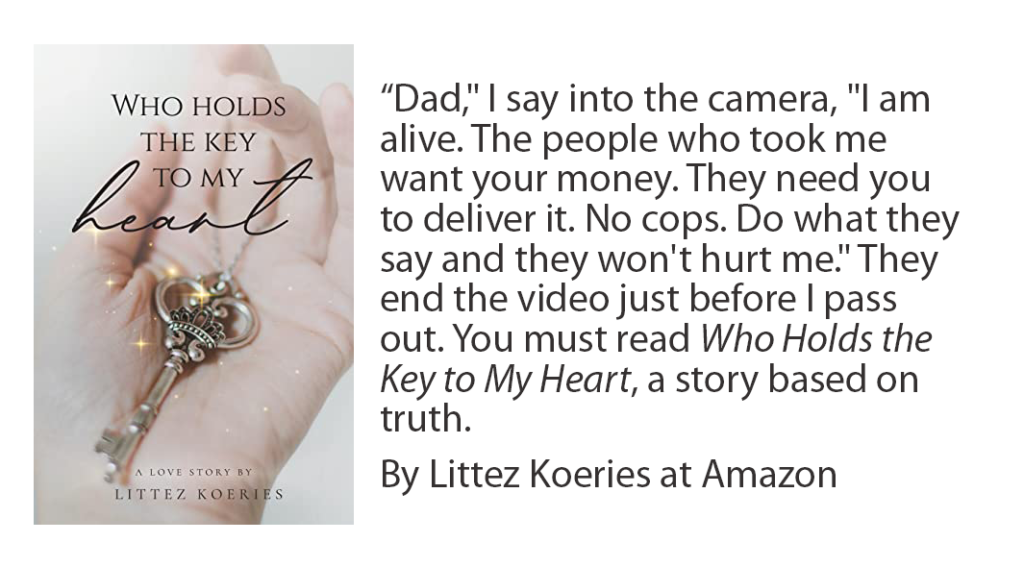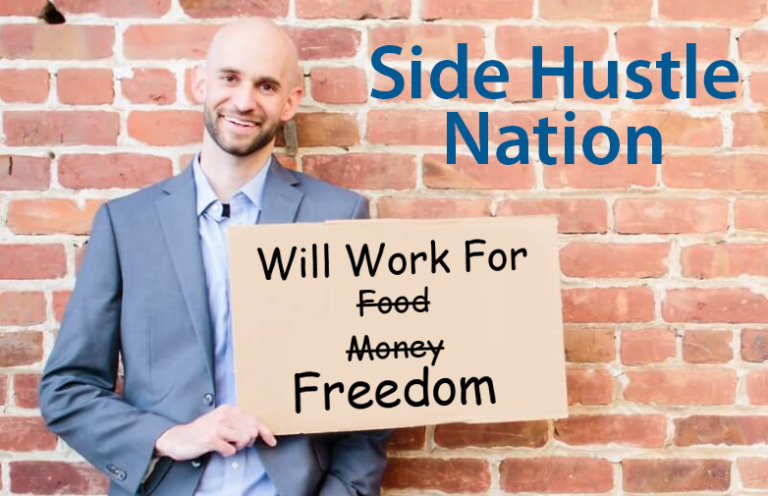Wildly popular crime novel author dishes her secrets!
Libby Fischer Hellmann talked with me about how to market and sell your writing. Libby tells us writing is her fourth or fifth career, and she’s happy with her evolution.
This Chicago-based woman of boundless talent and energy has crafted more than 20 books and 25 short storiess. For years, Libby has written her way around the crime fiction genre. She has published an amateur sleuth series, a private eye thriller series, a police procedural, 5 stand-alone historical novels, and even a cozy novella. She loves listening to and telling stories.
How a normal person, Libby Hellmann, became a writer
 Libby’s interest in writing solidified in grad school while she pursued her film production MFA. However, after graduation, she decided to accept a position in TV news as a production assistant, ending up as an NBC newsdesk editor in Washington, DC. Like many writers, she felt the dream of being a famous, successful writer was just too risky.
Libby’s interest in writing solidified in grad school while she pursued her film production MFA. However, after graduation, she decided to accept a position in TV news as a production assistant, ending up as an NBC newsdesk editor in Washington, DC. Like many writers, she felt the dream of being a famous, successful writer was just too risky.
“I wasn’t ready to starve in an attic while I made it as a writer,” Libby remembers. “I took the TV opportunity and then a year later needed a life change.”
Still silencing her muse, she moved to Chicago, where she joined the big-player PR firm, Burson-Marstellar, for eight and a half years. Restless again, she broke into producing industrial videos and training material. That incarnation, though, would later help flesh out her popular fiction series character, Elie Foreman, an amateur sleuth and professional video producer. It wouldn’t be long before Libby gathered her courage and took the leap into writing the way she had always wanted to.
If this is where you are in your journey, I encourage you to see what it would take for you to do the same. Libby explained,
“I didn’t just jump into mysteries and thrillers. As a reader, two forces imploded on me. I’d read a book and think if only I could write one paragraph as beautiful as that! Or, oh my God, even I could do better than that! The ideas coalesced. Then my dad died, and I was so affected that I went down in my basement and wrote a horrible novel that never got published.”
The writing bug stung her soundly. Like many of us, she wrote profusely, joined a writing group, and, she says, “Low and behold, I got published with the fourth novel I wrote, An Eye for an Eye, in 2002. It actually did well!”
Think about that. It’s very much about risk-taking. Tolerable risks.
To market and sell your writing, you need project ideas
Talking with Libby, my thoughts turned to how she figured out where great plots come from. She says some of her books are born of a vision, while others evolve from personal experience. Easy Innocense, her current bestseller, came to her out of fear, always a great motivator.
“My daughter was starting high school,” Libby explained in an interview. “I was recently separated, and I doubted my ability to be the single mother of a teenage girl. A hazing incident at a nearby high school had just occurred — it made the national media — and several teenagers ended up in the ER. I started to wonder what would have happened if a girl had been killed instead.”
That wondering and pondering propelled Libby down the proper road to what would be her permanent, most prolific career.
Pundits claim all writing derives from half a dozen universal ideas:
- Rags to riches – a steady rise from bad to good fortune (anything by Charles Dickens)
- Riches to rags – a fall from good to bad, a tragedy (World Without End by Ken Follett)
- Icarus – a rise then a fall in fortune (Fortune’s Evil by Katherine Barger)
- Oedipus – a fall, a rise, then another fall (The Great Gatsby by F. Scott Fitzgerald)
- Cinderella – rise, fall, rise, marry the prince (kidding) (Pretty Woman directed by Garry Marshall)
- Man/woman in a hole – fall, rise (The Girl on the Train by Paula Hawkins)
Joseph Campbell felt fiction writing is firmly based in mythology, especially in the structure of a hero’s journey. The hero’s journey looks like this, according to Campbell. A hero, who may not even see himself as a hero, goes on a quest or adventure for whatever reason. They learn a life-changing lesson, overcome a challenge or an enemy because of that newfound wisdom, and then return home deeply and permanently changed. Think Jack Ryan or Hercules.
As for non-fiction, ideas are everywhere, every day. In the news, in your neighborhood, on your vacation, in an overheard conversation. Everywhere.
How freelancing or writing for free can help a writer succeed
Six novels and countless stories later, Libby is hooked, and crime is her seducer. She’s not averse to occasional freelance assignments that move her toward her bookselling goals. She doesn’t pooh-pooh writing for little or no pay if a gig provides marketing opportunities or creates a larger public presence. If a guest blog post, a quick article about crime writing, a chapter in an anthology, or participation in a website looks like a fit, it is worth considering, she says, paycheck notwithstanding. Selling makes you money, and marketing (which includes pro bono work and low-pay work) makes you visible.
We have all, writers and self-publishers, had to adjust as the publishing industry has changed over the years. Libby totally gets the plight of today’s freelancers and burgeoning writers. Her career is firmly established, but Libby, Stephen King, and even Yuval Noah Harari have dealt with the same economic challenges faced by writers like you and me.
For Libby Hellmann, such challenges turned into opportunities as she diversified her work plan. Now, she’s as comfortable with self-publishing as with traditional publishing. Libby crafts print books, ebooks, audiobooks, podcasts, and foreign language translations. She operates a bookstore on her website and shelves her books with other vendors, as well.
Libby had to adapt when a publisher dropped her. She signed with another, while working simultaneously with a third. Bleak House Books, Madison, WI publishes her novels about professional P.I.Georgia Davis. Poison Pen Press of Scottsdale, AZ. does the Ellie Foreman books.
Diversification is how to market and sell your writing
Writers must hunker down and work harder — turning books out quicker and writing ever-better to survive. No one, not even the best-selling author on the planet, can rest on their laurels and expect to make a living.
“With more than 17 books, I feel like a freakin’ veteran of the wars,” Libby said, noting that her current marketing campaigns present challenges and are more time-consuming than before.
A friend conceived one awesome marketing coup while Libby was promoting her novel Doubleback.
“He suggested I write a short story about how Ellie and Georgia met and offer it to booksellers. If a customer bought the book, they got the self-published, numbered, limited edition short story free,” Libby explained.
She conceptualized her heroines’ backstories and wrote an intriguing plot for the story. Another friend designed the cover, and the project rolled out in print and audio. This packaging idea is the equivalent of going on tour, but it is an efficient, home-based outreach to booksellers. Creativity is the key, then, to getting the attention and market share every writer hopes for and can’t succeed without. That type of insight is for sure the most effective way to market and sell your writing.
And the bottom line
Libby shared some dead-right-on insight,
“In this market, we’re facing tougher times. Publishers are reducing print runs and providing less money for promotion. Writers are belt-tightening. I can’t travel like I did in the past. I have to make myself present without spending a ton of money.”
All creatives recognize that we live and work in challenging times. Copyright laws are changing, and artificial intelligence is messing with the quantity and quality of material published. Competition ramps up every year. It’s a shame, but skillful writing, brilliant imagination, and high energy are not enough to guarantee that you will make money with your writing. You have to do the non-writing tasks and rely on your own initiative to put your work in front of an audience.
Pondering what Libby told me, I see clearly that creativity isn’t limited to the writing process. Writers must think outside the binding to reach readers in an efficient, entertaining, personal way. Success is about value-added marketing, even for writers, and that requires creativity.
Learn more
The Outfit – Libby’s crime writing blog archive
Read more advice from wildly successful writer Sara Paretsky





One Response